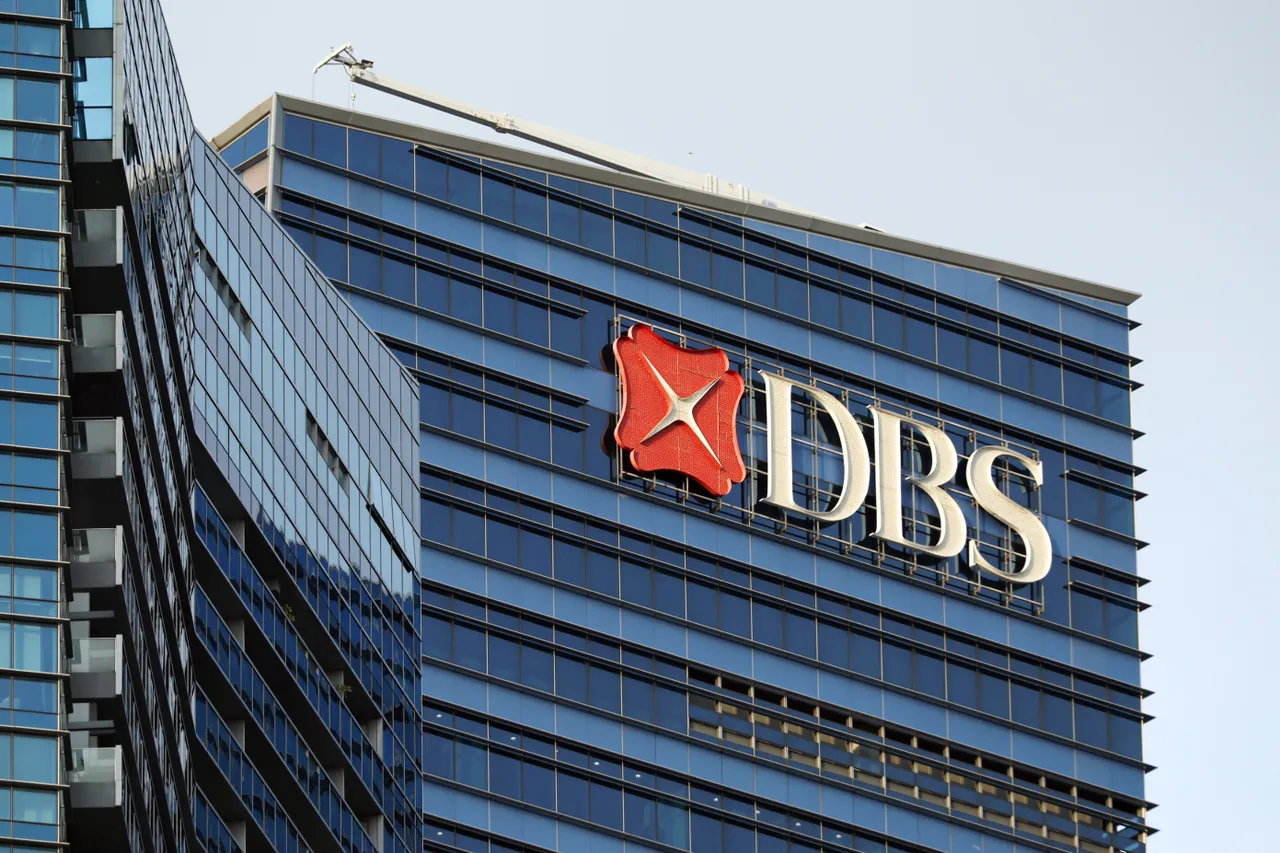
DBS Group aims to increase its wealth management assets to S$500 billion (US$369.7 billion) by the end of 2026, according to the head of the unit. The leading Singaporean bank is capitalizing on substantial inflows into the country.
Last year, DBS saw a 23% growth in its wealth assets, reaching a record S$365 billion. This surge was driven by Singapore’s political stability, low taxes, and favorable policies for establishing family offices and trusts, which have attracted significant wealth to the region.
DBS, Southeast Asia’s largest lender by assets, serves over a third of Singapore’s family offices.
“We’re still growing … the market is actually on the cusp of a recovery because rates are peaking, so as rates come down, markets pick up,” said Shee Tse Koon, Group Executive and Group Head of Consumer Banking and Wealth Management at DBS.
Discussing the bank’s plan to boost its wealth assets, Shee, who has been with DBS for nearly eight years, expressed confidence in meeting the target by 2026, barring any unforeseen “black swan” events, in an interview with Reuters.

DBS also plans to double the number of wealthy clients with assets of at least S$1 million by the end of 2026. The bank has already increased its affluent and high-net-worth clients by over 50% in the past two years, according to Shee Tse Koon.
The Capgemini Research Institute’s World Wealth Report 2024, published on June 7, indicated that global high-net-worth individual wealth and population rose by 4.7% and 5.1%, respectively, in 2023, reversing the decline seen in 2022.
Risk appetite among the wealthy has also improved, with cash holdings declining to 25% of portfolio totals in January 2024 from multi-decade highs of 34% a year earlier, according to the report. With rising asset inflows, wealth management has become a significant revenue driver for banks in Singapore, including DBS. Last month, DBS posted record-beating quarterly results and projected that its net profit would surpass last year’s record.
Despite a S$3 billion money laundering scandal that emerged last year, leading Singapore authorities to tighten their oversight of wealth inflows and wealthy individuals, the trend of increasing wealth management remains strong. The number of family offices in Singapore grew to around 1,400 last year from approximately 1,100 the previous year, according to government statements.
Regarding the money laundering scandal, Shee emphasized that Singapore’s anti-money laundering regime has always been robust.
“However, criminals will adapt their behavior, so we have to evolve with the new typologies of these criminals in order to be one step ahead of them,” added Shee, who was CEO of Indonesia at Standard Chartered before joining DBS in 2016.




